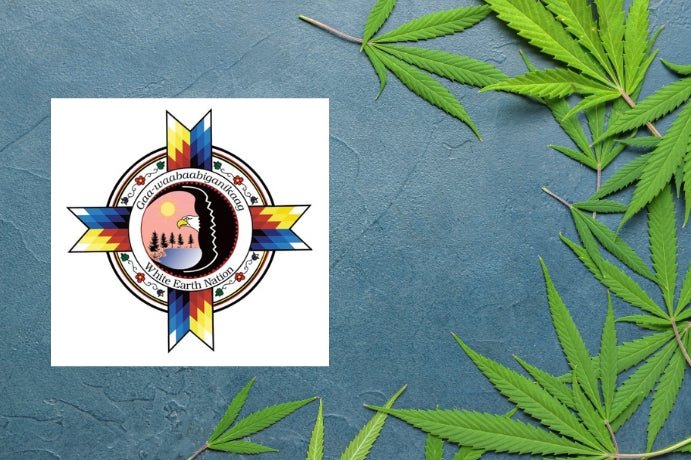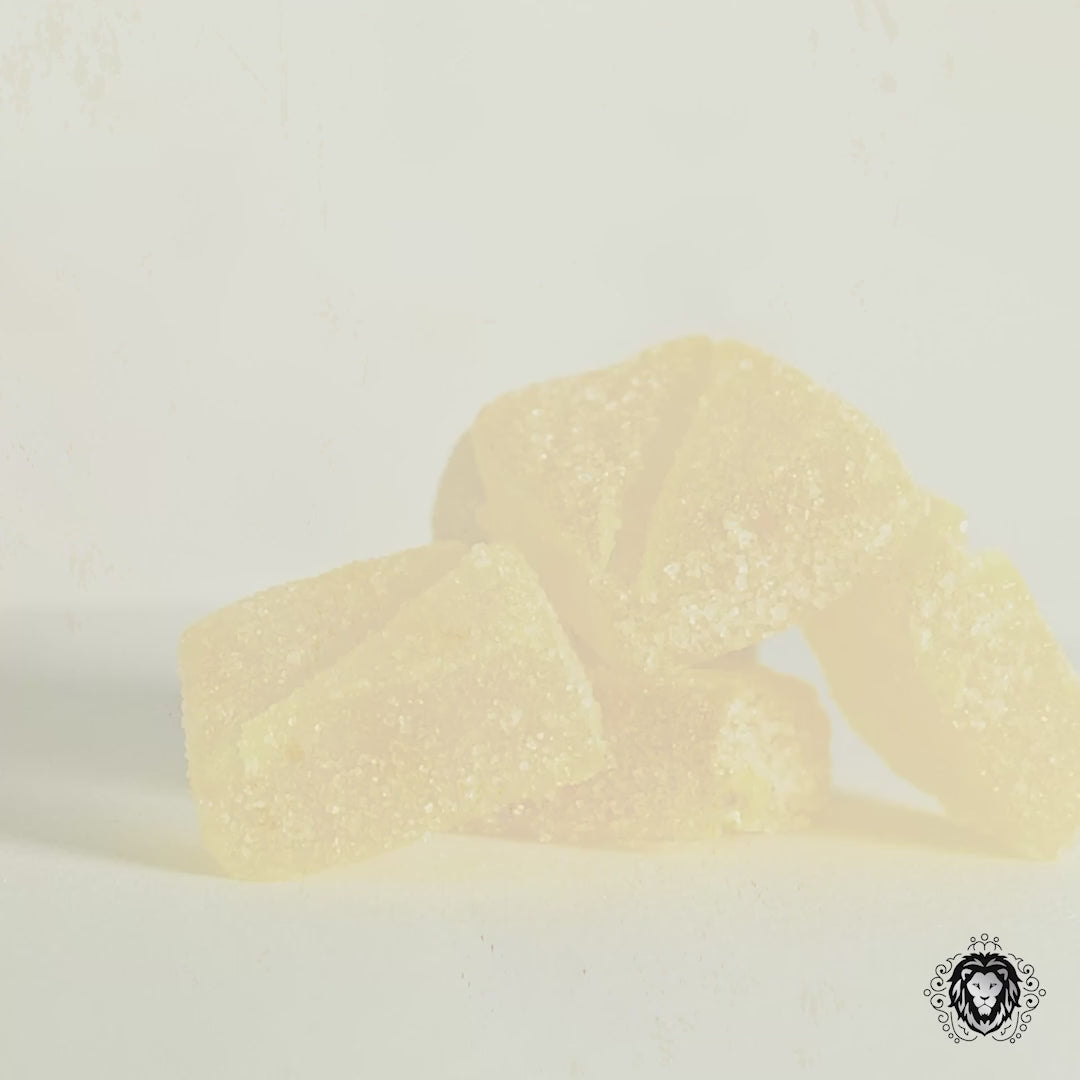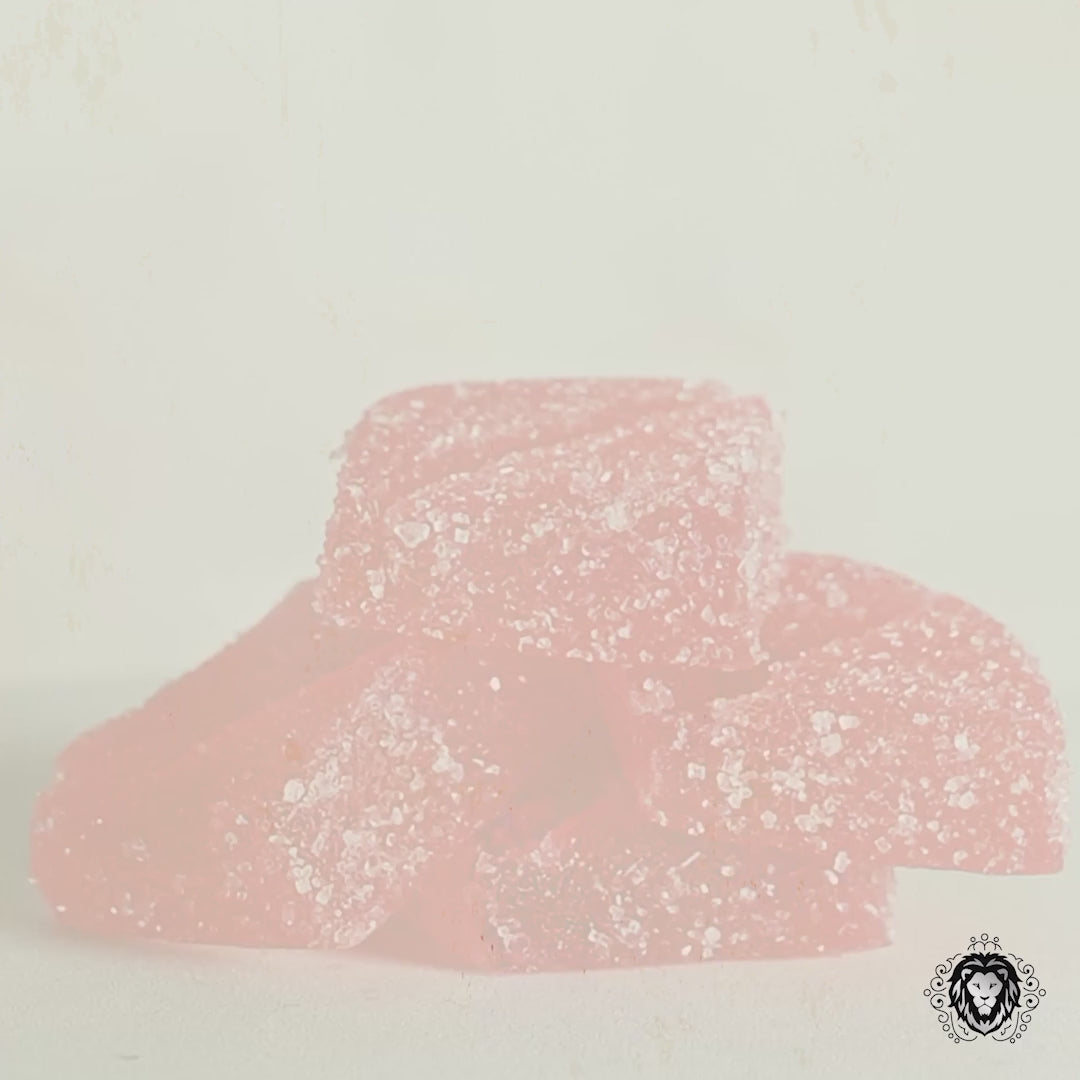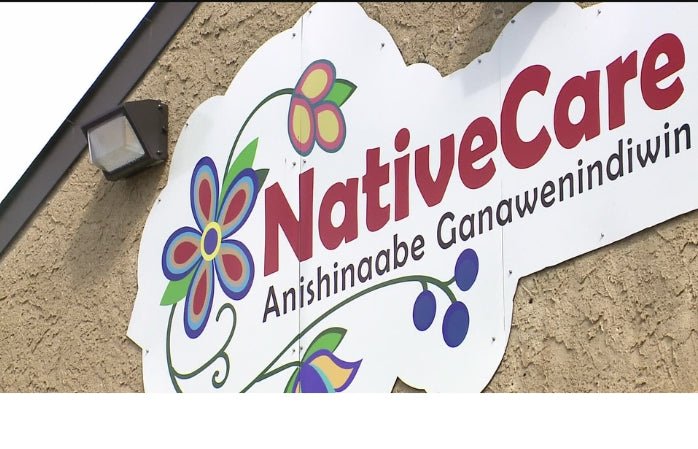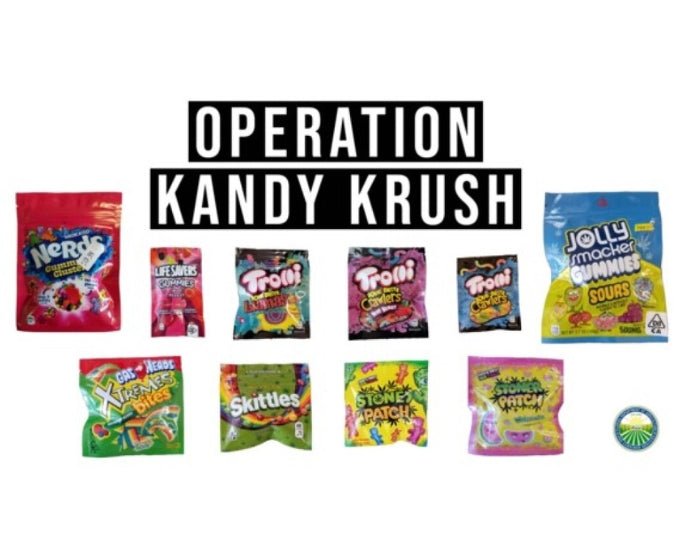The tobacco shop on the White Earth Native American Reservation was targeted after police received numerous complaints concerning the sale of marijuana at the store.

It has been less than one week since Minnesota’s new law legalizing the cultivation, possession, and consumption of cannabis by individuals 21 and older went into effect, and the first raid against an unlicensed dispensary has already taken place.
According to numerous local and national media outlets, last Wednesday, White Earth tribal police, the Mahnomen County sheriff’s department and members of the Paul Bunyan Task Force conducted the raid against the Asema Tobacco and Pipe shop, which is located on the White Earth reservation and owned and operated by a member of the tribe.
During the raid, authorities seized cannabis but did not arrest anyone, according to Task Force Commander Dave Hart. He also added the Mahnomen County attorney will determine if any charges are to be filed.
He went on to say, “Marijuana isn’t something we particularly target… We’re busy enough with heroin, fentanyl, (and) methamphetamine. In this particular case, it was a pretty blatant disrespect for the law.”
"Marijuana isn’t something we particularly target… We’re busy enough with heroin, fentanyl, (and) methamphetamine. In this particular case, it was a pretty blatant disrespect for the law.”
- Paul Bunyan Task Force Commander Dave Hart
The White Earth Nation issued a statement saying the tribe was cooperating with law enforcement agencies during the investigation. It also reiterated a reminder to residents that while it is legal to sell marijuana on tribal land, prospective businesses must acquire a license to do so. Those licenses are issued exclusively through the White Earth Nation’s cannabis control commission.
“The Band is committed to supporting businesses engaged in the legal sale of cannabis and cannabis products. Unauthorized sales of cannabis will be investigated in accordance with all applicable laws. The Band would caution everyone to use common sense when it comes to cannabis,” the statement said.
"The Band is committed to supporting businesses engaged in the legal sale of cannabis and cannabis products. Unauthorized sales of cannabis will be investigated in accordance with all applicable laws. The Band would caution everyone to use common sense when it comes to cannabis.”
- Press Statement by White Earth Nation
On Thursday morning, following the raid, the Nation opened its first tribal-run recreational dispensary called “Waabigwan Mashkiki,” meaning "flower medicine" in Ojibwe, located outside the tribe’s cultivation facility in Mahnomen.
It was the second legal marijuana dispensary to open in the state after the Red Lake Nation’s NativeCare medicinal marijuana operation began recreational sales at its reservation location on Tuesday. Their tribal council voted to legalize adult-use cannabis sales last month.
The new law has created a moderate level of confusion among Minnesotans regarding the exact timing of the various aspects of the statute. While it is now legal for adults over 21 to possess and consume cannabis, selling it remains illegal in the state until authorities establish a licensing infrastructure for retail dispensaries, which will most likely take 12 to 18 months to put in place.
Meanwhile, the 11 recognized Native American tribes in Minnesota have been granted the authority to enact their own laws regulating the use and sale of cannabis within their reservation borders.
One of the main reasons the Red Lake and White Earth Nations decided to open dispensaries as soon as the new legalization statute went into effect was to help battle the devastating opioid epidemic plaguing native populations within the state. Tribal leaders hope that legalizing adult-use cannabis sales will provide therapeutic alternatives for those struggling with addiction. Likewise, a share of the revenue generated by the sale of recreational marijuana will also go to fund substance abuse prevention programs for tribal members.
Last Wednesday’s raid appears to be the overzealous attempt of one tribal business owner hoping to join the new legal market without adequately understanding the necessary steps to do so appropriately and lawfully. Hopefully, all concerned parties can resolve the issue without too much legal rancor and discomfort.
























